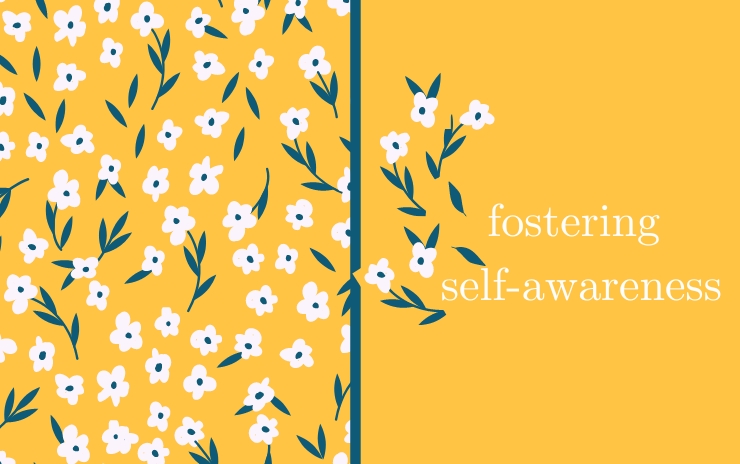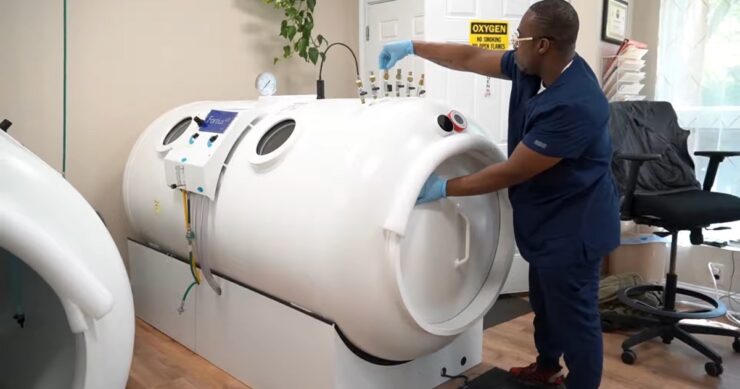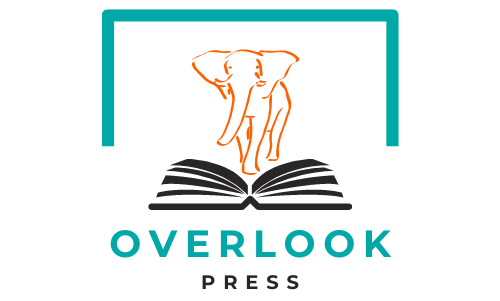
Personal growth is a continuous journey that encompasses enhancing one’s knowledge, skills, and character. One unconventional way of nurturing personal growth is by using purity tests. These self-assessment tools can shed light on one’s values, experiences, and goals.
Understanding Purity Tests
Purity tests, generally seen as humorous and non-scientific quizzes, can also be tools that offer insights into various aspects of an individual’s life. These tests usually consist of a series of questions that prompt individuals to reflect on their experiences, decisions, and values.
Although it’s essential to approach these tests with a pinch of salt and not as definitive assessments, they can act as catalysts for introspection and self-improvement.
The Rice Purity Test
The Rice Purity Test is one of the most popular purity tests. Originally designed to help freshmen at Rice University measure their level of ‘innocence’ regarding social and personal activities, it has since become widely popular amongst a larger audience.
The test consists of 100 questions that cover a range of topics including relationships, law-breaking, and social interactions. While it’s important to remember that the Rice Purity Test was initially meant to be lighthearted and humorous, it can still be used as a tool for reflection.
By answering the questions, individuals are prompted to think about their experiences and choices. For example, a question about trying new activities can make one reflect on whether they are open to new experiences, which is an important aspect of personal growth.
Assessing Personal Values
Another way purity tests can be valuable is by helping individuals assess their personal values. Many of the questions in purity tests revolve around moral and ethical dilemmas.
By considering how you respond to these questions, you can gain insights into what you value most in life. Are you someone who places a high value on honesty? Are you committed to personal integrity and ethics?
By recognizing these values, you can begin to align your actions with what you believe in, which is an essential step in personal development.
Identifying Areas for Growth
Finally, purity tests can help identify areas where growth and change may be beneficial. By analyzing the questions and your responses, you can identify patterns and recurring themes that may point to aspects of your life that need attention.
For example, if you notice that you tend to avoid social situations, this might be an indication that you need to work on your social skills or address underlying issues such as social anxiety. Recognizing these areas is the first step towards taking actionable steps to improve.
Leveraging the Insights for Self-Improvement
After understanding the role of purity tests in self-reflection, it’s vital to leverage these insights for personal development. Nurturing personal growth requires intentional actions based on the knowledge gained.
Setting Personal Goals Based on Purity Tests Result
Setting goals based on the insights from the purity tests can be a valuable way to facilitate personal growth.
For instance, if the Rice Purity Test reveals that you have not been open to trying new experiences, set a goal to engage in a new activity every month. It’s essential that these goals are specific, measurable, attainable, relevant, and time-bound (SMART) to effectively track progress and maintain motivation.
Engaging in Self-Reflection
Continuous self-reflection is key to personal growth. Reflect on the insights gained from the purity tests regularly and assess how they relate to your day-to-day life.
Are your actions and decisions in line with your values? Are you making progress toward your goals? Keep a journal or engage in mindful meditation to facilitate this ongoing process of self-reflection.
Seeking Support and Resources
As you work towards your goals, it’s important to seek support and resources that can facilitate your personal growth. This might include talking to a friend or family member about your insights and goals or seeking the help of a coach or therapist. Invest in books, online courses, or other resources that focus on the areas you are looking to improve.
Mindfulness in Using Purity Tests
While purity tests can offer insights for personal growth, it’s critical to use them mindfully. Being aware of the limitations and ensuring that these tests do not define one’s self-worth is crucial.
1. Acknowledging the Limitations
Purity tests, including the Rice Purity Test, are not scientific tools and should not be taken as definitive assessments of one’s character or values.
It’s essential to recognize that these tests are just starting points for reflection and should be used in conjunction with other personal development methods.
2. Avoiding Comparison with Others
It’s easy to fall into the trap of comparing your purity test scores with those of others. However, this is counterproductive as everyone’s journey is unique. Focus on your own growth and the insights that the tests provide for you, rather than measuring yourself against others.
3. Maintaining Perspective on Self-Worth
Lastly, remember that your self-worth is not determined by the results of a purity test. Use the insights gained as tools for growth, but do not let them define who you are.
Maintaining a balanced perspective and focusing on holistic personal development will enable you to use purity tests effectively as tools for self-improvement.
Final remarks
Purity tests, like the Rice Purity Test, are unconventional yet potentially insightful tools for personal growth when used mindfully.
These tests can prompt reflection on experiences, values, and areas needing improvement. Leveraging the insights garnered from these tests, individuals can set SMART goals, engage in continuous self-reflection, and seek support and resources for development. However, it is imperative to use these tests with mindfulness, acknowledging their limitations, avoiding comparisons with others, and ensuring they don’t dictate one’s self-worth.
In essence, purity tests can act as catalysts to personal growth by fostering self-awareness and setting the stage for intentional improvement, as long as individuals approach them critically and constructively.
Related Posts:
- Prep Smart with Quizzes: Enhancing Exam Readiness…
- Short Throw vs Long Throw Projectors: What's the Difference?
- Gear Up for the Ultimate Gaming Experience:…
- Unlocking Efficiency and Accuracy: The Power of…
- 32 Foods That Burn Belly Fat Fast (2024 Updated)
- Mastering the Art of E-commerce: Proven Strategies…




















